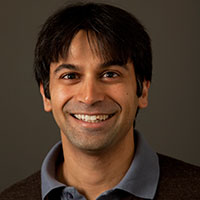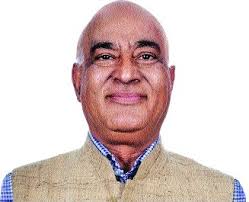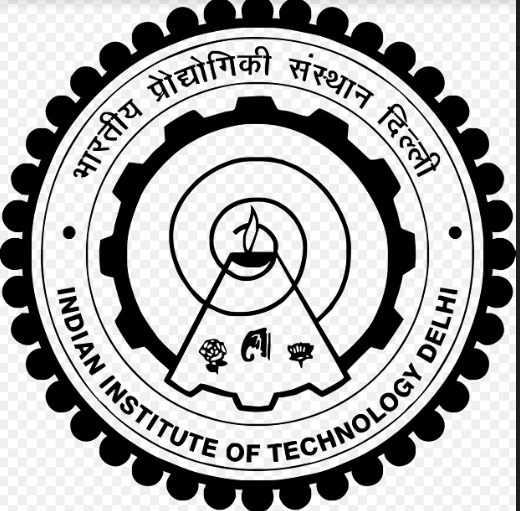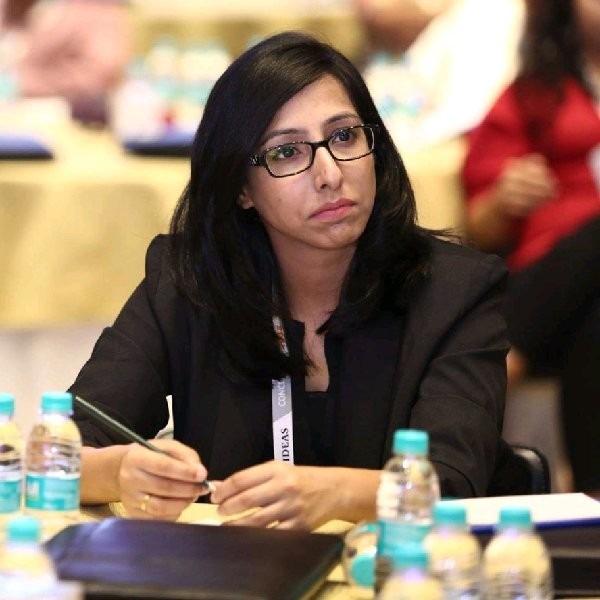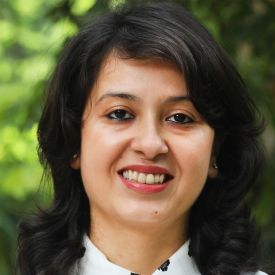Urban exclusion: Rethinking social protection in India in the wake of Covid-19
Economic insecurity caused by lockdowns during the early days of Covid-19 forced many households to rely on government welfare schemes to fulfil their consumption needs. Using data from the June 2020 ...
-
 Pallavi Choudhuri
Pallavi Choudhuri  Sonalde Desai
Sonalde Desai  Santanu Pramanik
Santanu Pramanik  13 June, 2022
13 June, 2022
- Articles
Fatal oblivion: India's National Family Benefit Scheme
The National Family Benefit Scheme (NFBS) – which provides financial assistance to families in the event of the death of a breadwinner – has been plagued by low budget allocations, restricted cove...
-
 Jasmin Naur Hafiz
Jasmin Naur Hafiz  03 January, 2022
03 January, 2022
- Perspectives
NYAY e-Symposium: Doing justice to NYAY
Jean Drèze (Visiting Professor, Ranchi University) discusses the role of NYAY in the larger context of social security in India, and proposes some tentative principles for the scheme
-
 Jean Drèze
Jean Drèze  01 May, 2019
01 May, 2019
- Perspectives
NYAY e-Symposium: The case for a universal basic income supplement
Pranab Bardhan (Professor of Economics, University of California, Berkeley) argues in favour of an income supplement, albeit one that is universal.
-
 Pranab Bardhan
Pranab Bardhan  01 May, 2019
01 May, 2019
- Perspectives
Can Rahul Gandhi’s minimum income guarantee proposal work?
Congress president Rahul Gandhi has promised a minimum income guarantee scheme for the poor if the party is voted to power in the upcoming elections. Discussing the proposal and associated concerns, P...
-
 Maitreesh Ghatak
Maitreesh Ghatak  07 February, 2019
07 February, 2019
- Perspectives
Cash transfers and adult labour outcomes in developing countries
The basic economic model of labour supply predicts that when an adult receives an unexpected cash windfall they should work less and earn less. This underlies concerns that cash transfers will undermi...
-
 Sarah Baird
Sarah Baird  David McKenzie
David McKenzie  Berk Özler
Berk Özler  07 December, 2018
07 December, 2018
- Articles
In which countries do children have the best chances to surpass their parents' education?
Intergenerational mobility contributes to social stability and cohesion, and is associated with higher, more inclusive economic growth in the long-term. This article presents global trends in absolute...
-
 Ambar Narayan
Ambar Narayan  Roy Van der Weide
Roy Van der Weide  28 November, 2018
28 November, 2018
- Articles
Intergenerational mobility across the world: Where socioeconomic status of parents matters the most (and least)
Intergenerational mobility is important for fairness and economic efficiency in a society. This article uses data from a new global study spanning five decades to show that average relative mobility i...
-
 Ambar Narayan
Ambar Narayan  Roy Van der Weide
Roy Van der Weide  28 September, 2018
28 September, 2018
- Articles
How income gains from globalisation are distributed
Globalisation stirs a diverse range of sentiments and views: some credit globalisation for boosting economic well-being while others blame it for worsening inequality. This article examines the effect...
-
 Valentin Lang
Valentin Lang  Marina Mendes Tavares
Marina Mendes Tavares  08 June, 2018
08 June, 2018
- Articles
Enhancing nutrition among the poor: UBI vs. welfare programmes
Some proponents of universal basic income (UBI) for India believe that the unconditional cash transfer should replace existing welfare programmes. Based on analysis of National Sample Survey data, thi...
-
 Ranjan Ray
Ranjan Ray  Kompal Sinha
Kompal Sinha  28 May, 2018
28 May, 2018
- Articles
Who does not get caught by social safety nets?
While implementation failure is an oft-cited reason for low coverage rates of welfare programmes, even relatively well-implemented programmes can fail to reach intended recipients. Based on an experim...
-
 Sarika Gupta
Sarika Gupta  14 May, 2018
14 May, 2018
- Articles
Can India make a universal basic income work?
According to the Economic Survey 2016-17, universal basic income may prove to be a more effective antipoverty intervention than India’s largest welfare schemes. Discussing the Survey’s proposal, S...
-
 Saksham Khosla
Saksham Khosla  16 April, 2018
16 April, 2018
- Perspectives
Aadhaar that doesn’t exclude
Aadhaar is in the news today partly because of security concerns and partly because of reports that the poor are unable to receive PDS rations because of failures in Aadhaar authentication. In this ar...
-
 Ashok Kotwal
Ashok Kotwal  Bharat Ramaswami
Bharat Ramaswami  11 April, 2018
11 April, 2018
- Perspectives
Parikshit Ghosh speaks with Avinash Dixit
In this podcast, Parikshit Ghosh (Member of the I4I Editorial Board & Associate Professor, Delhi School of Economics) speaks with Avinash Dixit (John J. F. Sherrerd '52 University Professor of Economi...
-
 Avinash Dixit
Avinash Dixit  Parikshit Ghosh
Parikshit Ghosh  15 January, 2018
15 January, 2018
- Podcasts
Twitter feed
Tweets by Ideas4IndiaMost Popular Poverty & Inequality Posts
Wealth inequality, class, and caste in India: 1961-2012
The level of wealth inequality in India is close to that of some highly unequal countries in the world. This article assesses the long-term evolution of wealth inequality in the country for the period...
 Nitin Kumar Bharti
Nitin Kumar Bharti  28 June, 2019
28 June, 2019
- Articles
Covid-19: What can be done immediately to help vulnerable population
With over 80% of India’s workforce employed in the informal sector and one-third working as casual labour, Covid-19's spread and subsequent unplanned lockdowns, have created economic havoc in the li...
 Reetika Khera
Reetika Khera  25 March, 2020
25 March, 2020
- Perspectives
EWS reservation in higher education: Affirmative action or vote bank politics?
The Constitution (103rd Amendment) Act, 2019, provides for 10% reservation for the economically weaker sections (EWS) in higher educational institutions within the general category. In this post, Devi...
 Devika Malhotra Sharma
Devika Malhotra Sharma  11 September, 2019
11 September, 2019
- Perspectives





 30 September, 2022
30 September, 2022